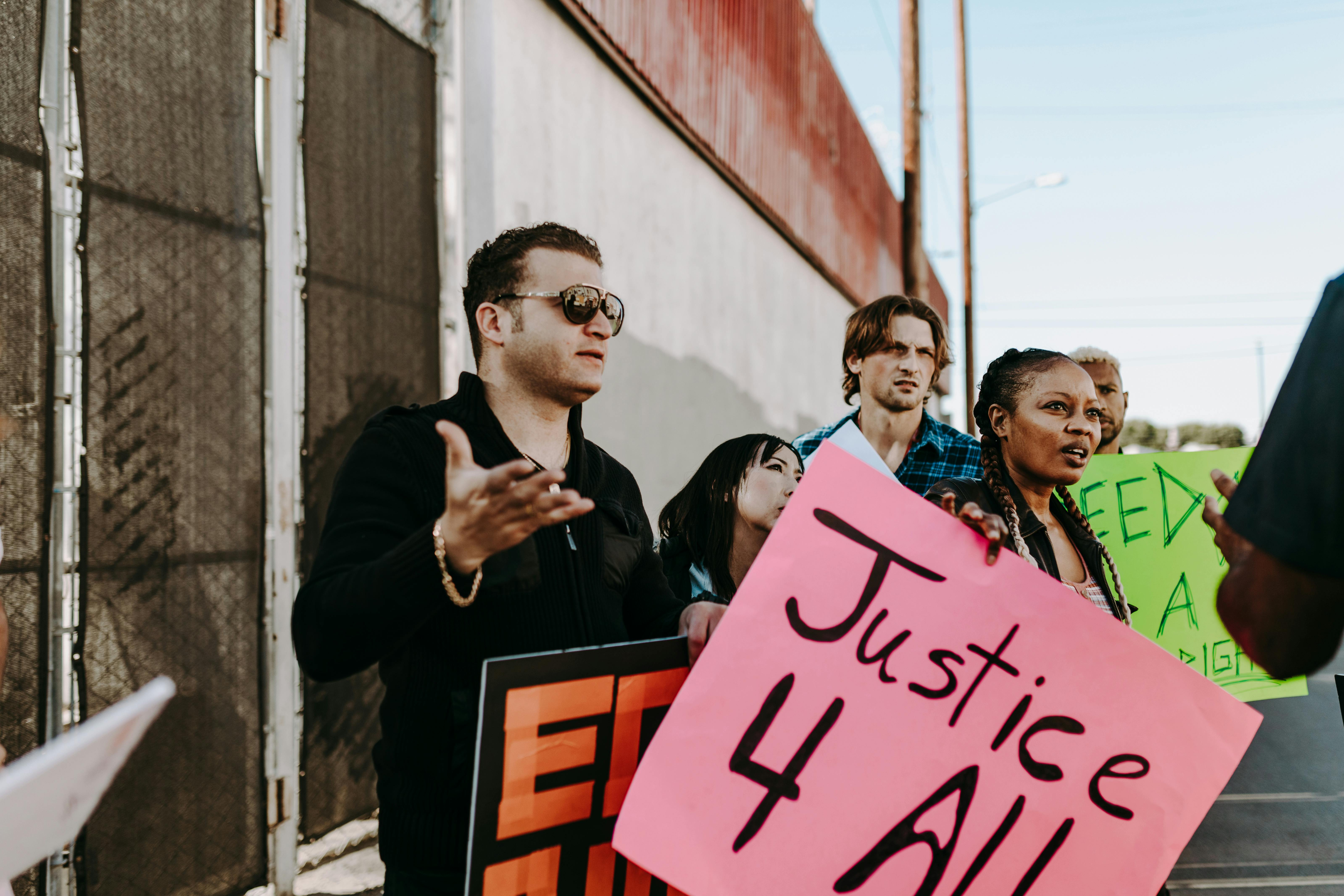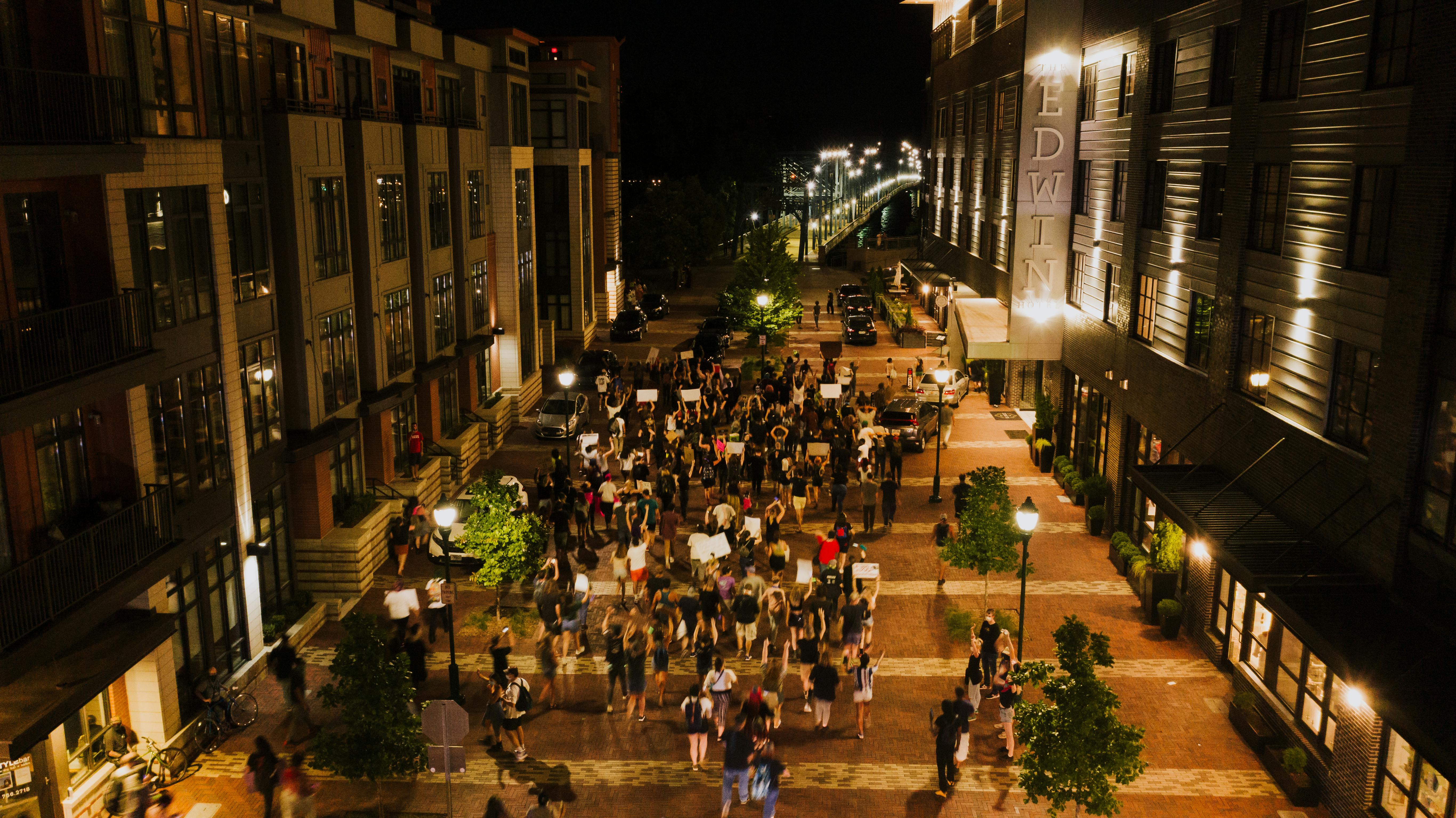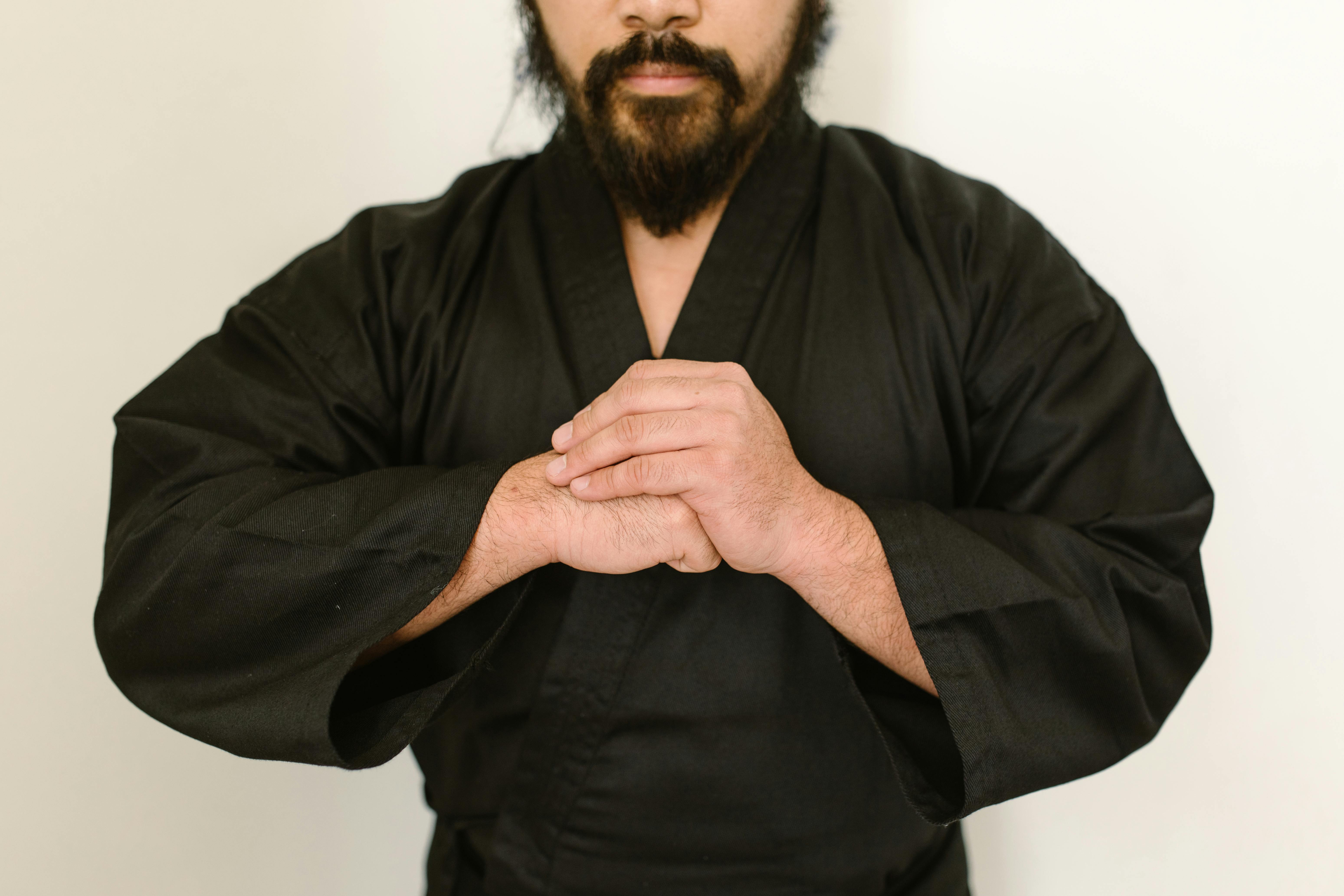
The work environment of a security guard: what should you expect?
The Federal Bureau of Labor Statistics (BLS) tracks numerous types of data on various occupations; This includes information on work environments. For many jobs, the work environment is relatively consistent; Security officers, however, have to cope with a wide variety of environments and be able to adapt and function in each of them.
In fact, security guards have one of the most diverse work environments in any industry. While a teacher generally practices his craft in the classroom, a logger works in the woods, and a surgeon rules the operating room, almost any building or location might need a guard. Schools, shopping malls, casinos, hospitals, nuclear power plants, courts and airports need different levels of protection.
In its official category of “security guard and gaming surveillance officer,” the BLS has both private security officers and those who work for the government; however, the agency makes a distinction between them and the police. The main difference between the two is that police officers are always government employees and have the power to arrest, as well as much stricter training requirements.
The BLS identifies several industries that employ the most security personnel. In 2012-13, more than half worked in “investigative and security services”, while the government employed 9 percent, 6 percent worked in educational facilities, both public and private; 5 percent were in lodging and food services, and 4 percent protected hospitals.
Transportation security inspectors and other security personnel provide services at transportation facilities such as airports, train stations, and maritime terminals; they work for the federal government.
Gambling surveillance officers work in casinos and other gambling institutions; for that reason, this is an occupation that only exists in jurisdictions where gambling is legal. While many in gaming security work in observation rooms and maintain camera surveillance, others patrol the floor to quickly respond to incidents. Gaming security officers are, as a rule, better paid than generic security guards, with an average salary premium of $ 7,000 per year; however, they also face an above-average injury rate.
Work is generally not physically challenging, with long periods of low activity. Security officers either man a station for the duration of a shift or make rounds to inspect a facility. Both of these situations require most officers to be on their feet for long periods of time, which is something to consider if you have low back pain or other health problems that could be aggravated by standing or walking.
However, in the event of robbery, break-ins, altercations or other incidents, a guard will be required to deal with a potentially volatile or violent situation, in which case they must have both the personal skills to calm a situation peacefully if possible, like physical fitness. deal with a threatening individual if the first one doesn’t work out. That’s why states require security officers to undergo training and certification, though it varies; While Florida, for example, requires 40 hours of training, a Connecticut security guard license only requires an 8-hour course.
In conclusion, it is generally difficult to predict in advance the nature and comfort level of a security guard’s workplace. The higher an officer’s skill and level of training, the more likely they are to land a comfortable and well-paid assignment, so if you are considering entering this industry, be sure to prepare thoroughly and train the skills you will need to ensure safety for you and others.



No Comment